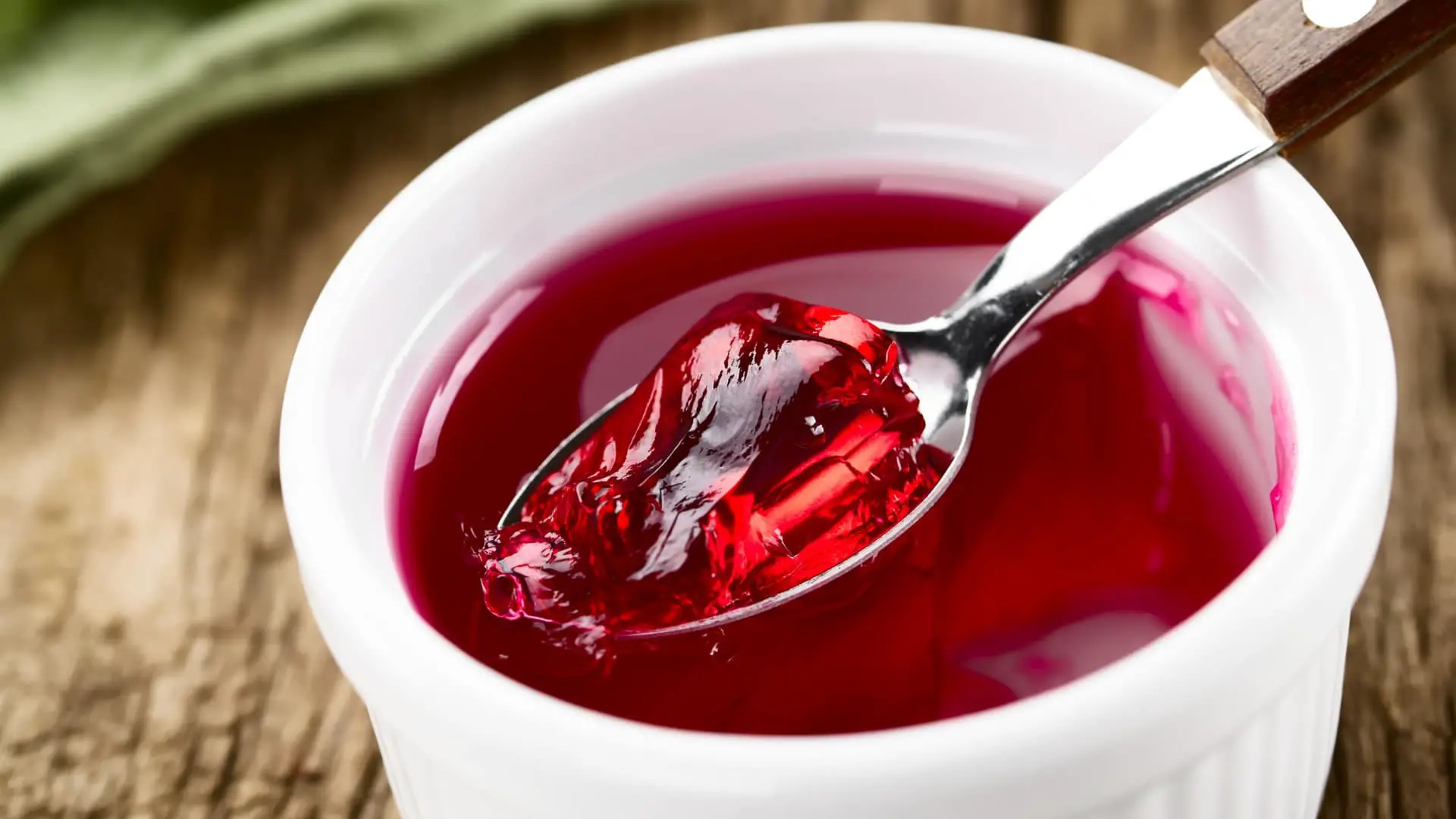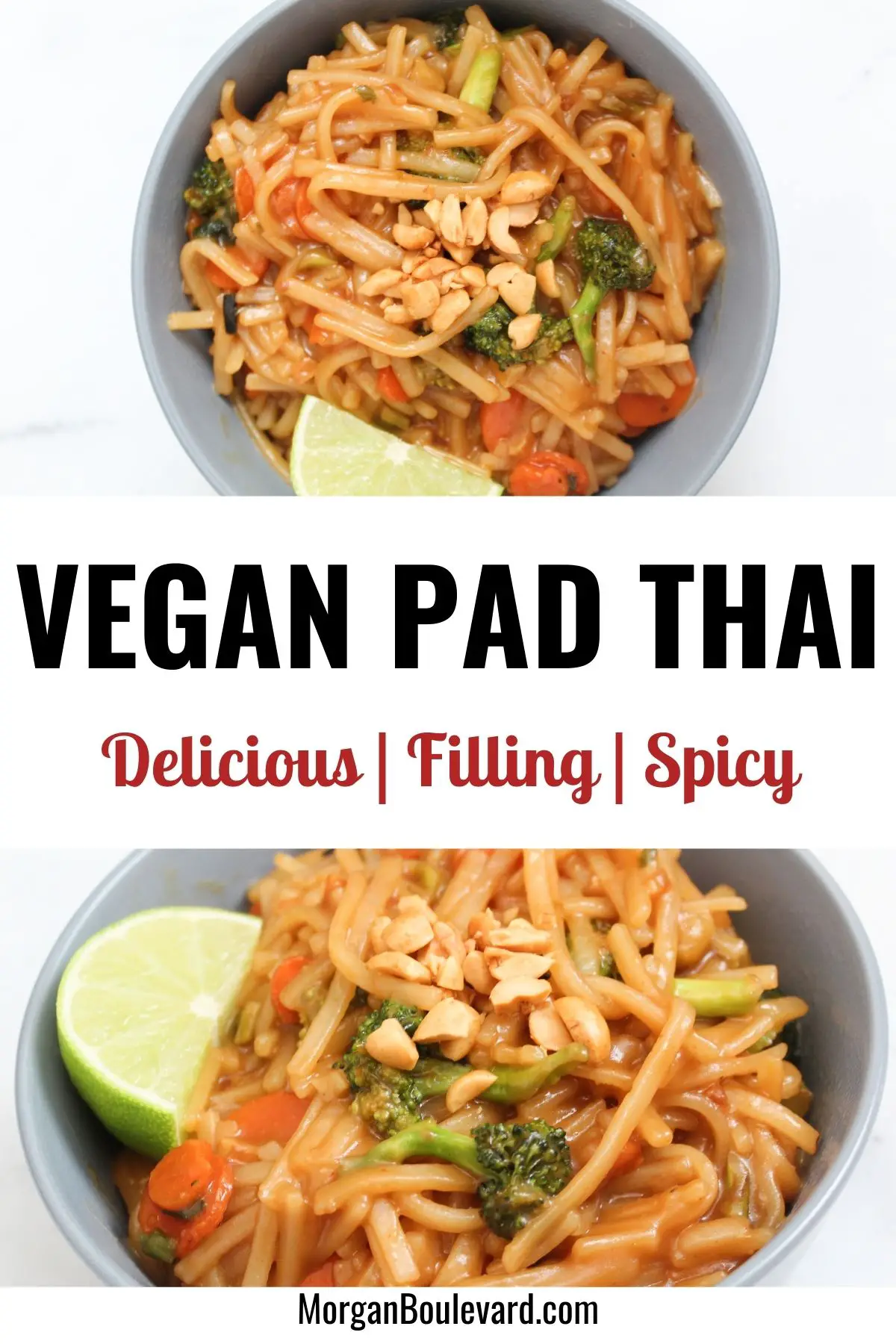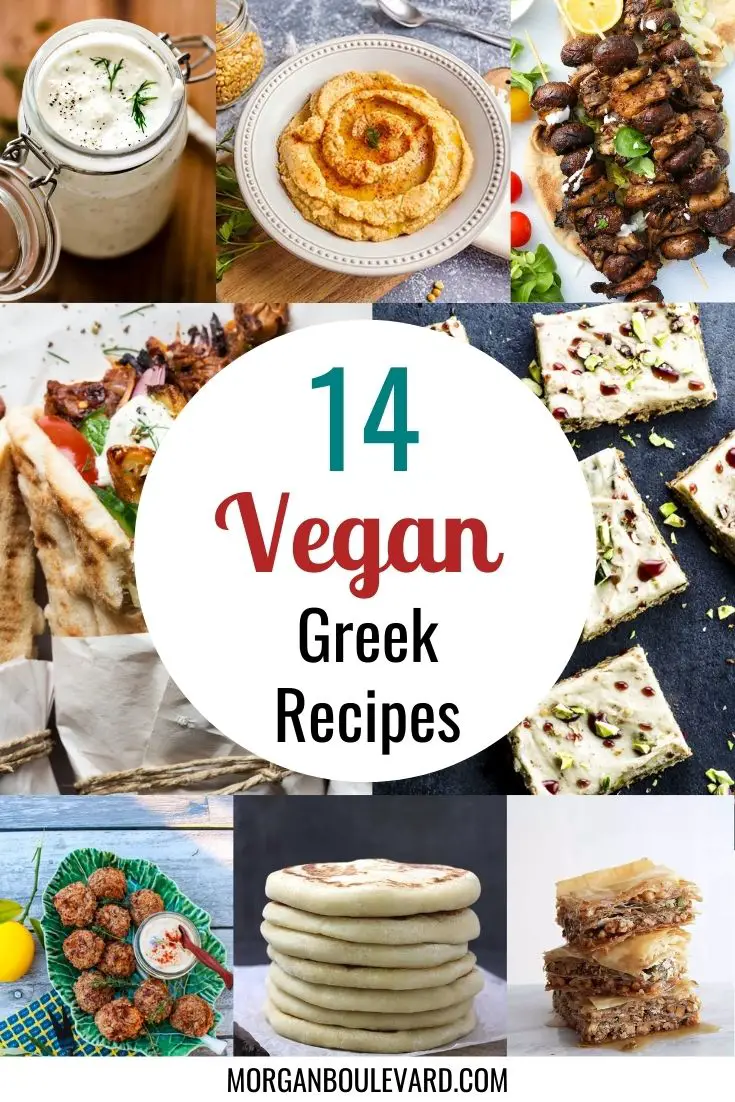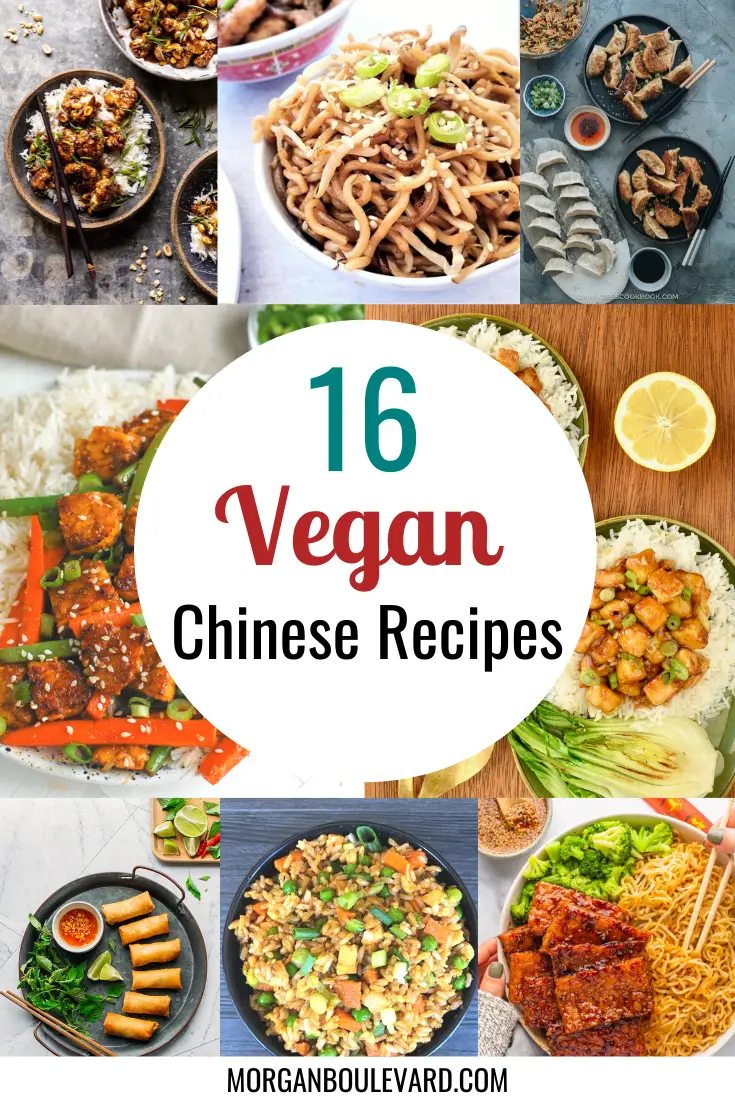The Hidden Non-Vegan Ingredients You Might Be Overlooking

For those committed to a vegan lifestyle, scrutinizing ingredient labels to ensure food is devoid of milk, eggs, and other animal derivatives is crucial. However, recent articles from The Spruce Eats and The Edgy Veg have highlighted “unexpectedly vegan” products, suggesting that veganism might be more inclusive than initially thought. But, many of these articles can be misleading. Several seemingly vegan products are laced with animal-based ingredients that are not immediately obvious. For instance, certain wines, sugar-sweetened coffee, and even M&Ms are not vegan.
Navigating the grocery store aisles and meticulously reading labels might seem tedious. While occasional oversights might occur, for those committed to a strictly animal-free diet, being aware of these sneaky non-vegan ingredients can be invaluable.
GELATIN: A well-known non-vegan ingredient, gelatin is derived from animal parts like skin, tendons, ligaments, and bones. It’s prevalent in cosmetics, food items, medication coatings, and even photographic films. Vegan alternatives like agar agar, pectin, and carrageenan are gaining popularity for their similar properties.
Note: This post may contain affiliate links, which means if you buy from my link I might make a small commission. This does not affect the price you pay. See the full affiliate disclosure here.
BEESWAX: A common ingredient in art, food, cosmetics, and pharmaceuticals, beeswax is harvested by melting down honeycombs. Vegan-friendly alternatives include soy wax, sunflower wax, rice bran wax, carnauba wax, and candelilla wax. However, caution is advised with paraffin wax due to its potential carcinogenic properties.
CASEIN: Often found in lactose-free products, casein is a phosphoprotein extracted mainly from cow’s milk. It provides the stretchy, melty quality to dairy cheese. While vegan casein is still in its infancy, brands like Violife, Daiya, So Delicious Dairy Free, Tofutti, Kite Hill, Treeline, and Follow Your Heart offer commendable dairy cheese alternatives.
WINE: Many wines are clarified using non-vegan substances like isinglass, bone marrow, egg whites, fish oil, and gelatin. As these fining agents aren’t listed on labels, opting for certified vegan wines like those from Trader Joe’s Charles Shaw, Frey Vineyards, Lumos Wine, and Red Truck Winery is a safer bet.
L-CYSTEINE: A dough conditioner and preservative for bread and baked goods, L-Cysteine is often sourced from duck or chicken feathers and even human hair. Vegan-friendly alternatives are available, and small bakeries usually avoid using L-Cysteine in their bread.
LACTIC ACID: While most lactic acid is vegan, derived from sources like corn starch and beet sugar, some are sourced from dairy lactose. Vegan-friendly products with plant-based lactic acid include certain beers, miso, wines, kimchi, sauerkraut, pickled vegetables, and sourdough.
WHEY: A byproduct of the dairy industry, whey is frequently found in processed foods, from cookies to protein powders. Due to its low production cost, it’s a common ingredient in many products. However, it’s usually listed as ‘whey’ on ingredient labels, making it easier to spot.
In conclusion, while the vegan journey can be challenging, being informed and vigilant can make it more manageable and fulfilling. Knowing what to look out for and choosing alternatives can ensure adherence to a vegan commitment.






